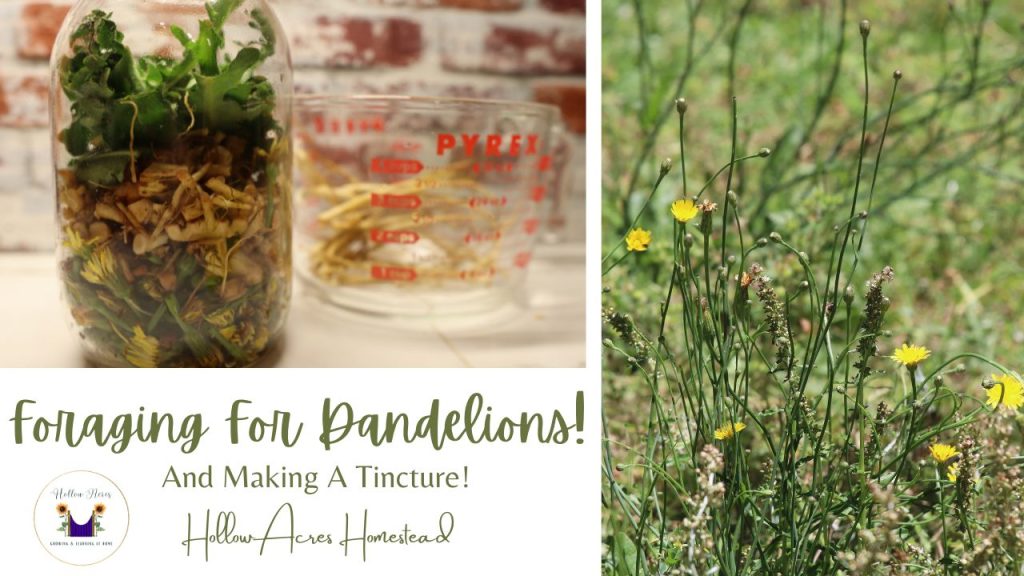19 Habits for Self-Sufficiency
19 Habits for Self-Sufficiency
Self-sufficiency is a valuable and empowering lifestyle that allows individuals to rely on their own skills and resources to meet their needs. Whether you’re striving for greater independence or preparing for unforeseen challenges, cultivating these 19 habits can help you become more self-sufficient in various aspects of life.
1. Grow Your Own Food: Start a garden to produce fruits, vegetables, and herbs, reducing your dependence on store-bought produce. Although it is expensive to get started gardening, especially on a larger scale, it is 100% worth every penny you put into your garden, seeds, soil and supplies. Are you new to Gardening? Would you like to learn how to garden? I wrote and Self Published Two books. Crash Course Into Gardening and From Seed To Harvest.
2. Learn to Cook from Scratch: Master cooking from scratch to create nutritious meals using basic ingredients. Learning how to cook from scratch is a daunting skill to learn, at first. The more you cook with real ingredients, the more comfortable and creative you’ll become. Eventually you’ll be trying all new things that you’ve never made or eaten. I have a bunch of Recipes that you are welcome to scroll through. Buy cookbooks, take a cooking course, learn to cook from scratch.
3. Preserve Food: Learn canning, freezing, and drying techniques to store surplus produce for later use. Preserving food can be time consuming, but for the amount of time the food will store for, its 100% worth every minute you put into food preservation. From canning to freezing, you can store your home grown food for 12 months or longer!

4. Foraging Skills: Learn to Identify edible wild plants and mushrooms in your area for added food sources. Buy books, read articles, watch videos. Learn what to do with what you find. Medicinal plants grow wild and all over the world. You can harvest and use a wide variety of plants from acorns to goldenrod (seed to flowers) . The possibilities are endless.
5. Raise Chickens: Keeping chickens can provide a steady supply of fresh eggs and meat. Beyond meat and eggs, you can incubate and hatch eggs to sell as day old chicks, pullets or to grow your flock. Chickens are really easy to care for and the cost to feed them is low compared to livestock.
6. Composting: Turn kitchen scraps and yard waste into nutrient-rich compost for your garden. Start a compost pile or build a compost bin. The average family’s household waste contains around 30% of food waste. Instead of throwing kitchen scraps in the trash, throw them in your compost pile. They’ll decompose and add nutrients into the compost, which, after aging, can be layered on top of your garden soil.
7. Water Harvesting: Collect rainwater for watering plants and reduce reliance on municipal water supplies. Rain water collecting is expensive to start. You’ll need gutters, tanks, drain off, etc. However, collecting rain water can save you a lot of money on water each year. You can filter and drink and cook with it, you can water your garden with it. You can even water your animals with it. It’s worth checking out.
8. Learn First Aid: Acquire basic first aid skills to handle minor medical issues and emergencies. Knowing what to do when someone has a deep gash, broken bone, or even how to help someone who is choking is a multitude of skills that everyone should learn.
9. Home Medicine: Explore natural remedies and herbal medicine for common ailments. Grow your own herbs, dry and Store them for medicines. Make tinctures and oil infusions. Learn what to do when someone becomes sick and how to safely heal and treat them.

10. DIY Repairs: Develop basic repair skills for household appliances, plumbing, and small carpentry projects.
11. Home Maintenance: Regularly maintain your home to extend its lifespan and avoid costly repairs.
12. Energy Efficiency: Implement energy-saving practices like sealing drafts, using energy-efficient appliances, and considering solar power.
13. Financial Planning: Establish an emergency fund and budget wisely to be financially self-sufficient.
14. Reduce Debt: Work towards reducing and eliminating debt to gain financial freedom.
15. Self-Defense: Learn self-defense techniques for personal safety and confidence. Take a class, watch videos on techniques, learn how to defend yourself and your family from an attacker.
16. Learn Basic Sewing: Repair clothing and create homemade items to reduce clothing expenses. We all know how expensive clothing has gotten. Learning to patch holes or tears will save money on having to replace the item. In my house, sock are always the first to get a hole. I taught my kids to patch holes when they turned 9 or 10. Everyone should learn to sew.
17. Fire-Making Skills: Learn to build and maintain a fire for warmth and cooking in emergencies. Learn about the different types of woods. Which wood is best for fire, smoking, etc. Learn how to stack wood and build a fire from nothing. These skills will never go out of style.
18. DIY Cleaning Products: Make your own eco-friendly cleaning products to reduce chemical exposure. Making your own cleaning products is not a new thing. People have been making cleaning products since before they were mass produced. Call it DIY, Natural or Organic, making your own cleaning products has several advantages. To learn about the advantages of homemade cleaning products, click here.
19. Community Building: Foster relationships with like-minded individuals to share knowledge and resources within your community. For me, building community has been the most difficult thing. But I never stop trying. I’m always reaching out to homesteaders and farmers, trying to open a conversation and build a relationship.
By adopting these habits, you can gradually increase your self-sufficiency and resilience in today’s rapidly changing world. Remember that self-sufficiency is a journey, and every small step you take toward greater independence is a step in the right direction. You won’t become self sufficient over night. It takes time to develop new skills, food storage, growing food and all the things! You’ll get there, a little at a time.




